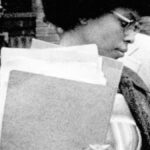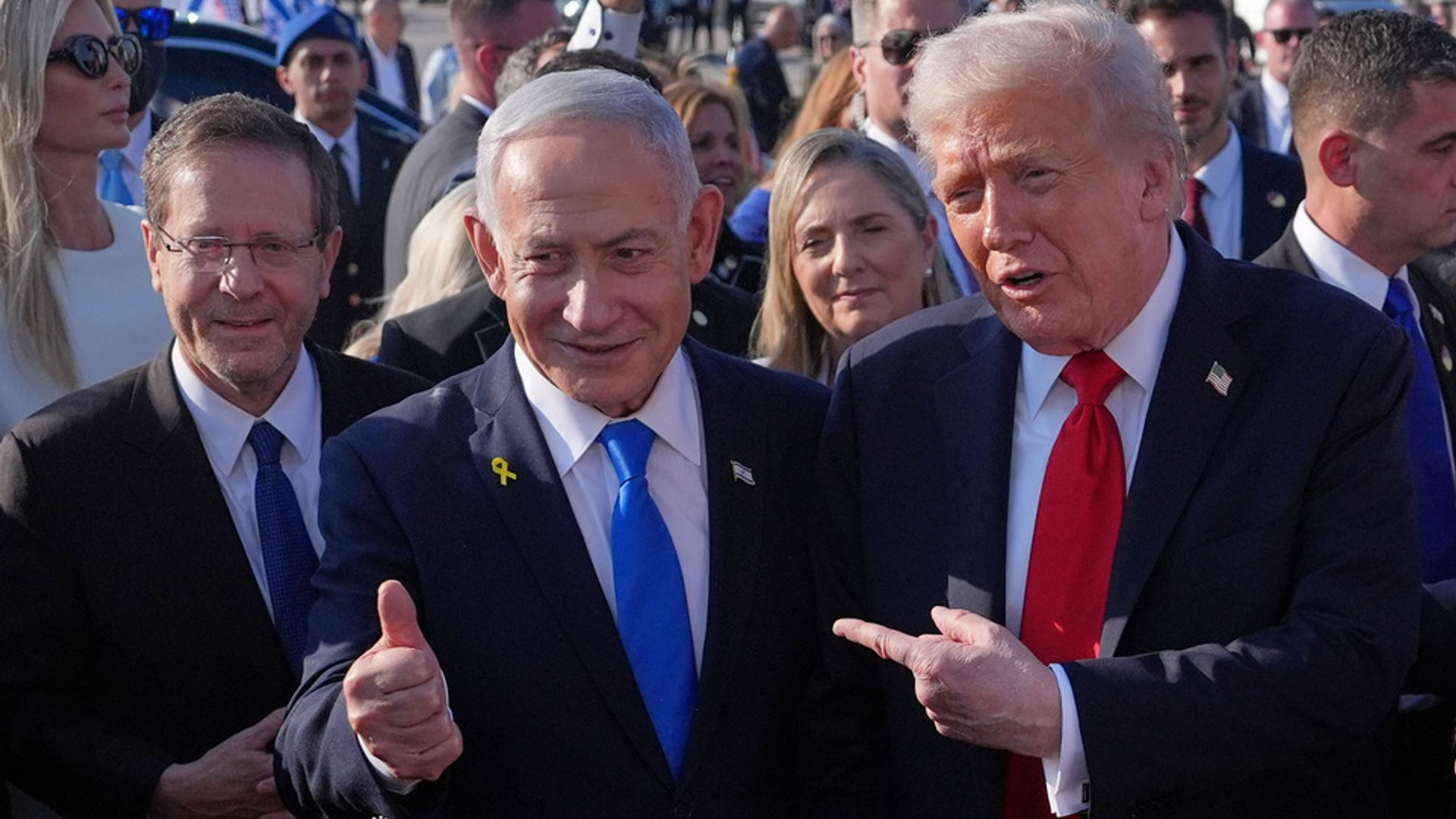
Assata Shakur, a Black American liberation activist who was given political asylum in Cuba, has died at the age of 78 after decades in exile, her family and Cuban officials said.
Shakur, who was born Joanne Deborah Chesimard, died on Thursday “due to health conditions and advanced age”, the Cuban Ministry of Foreign Affairs said in a statement on Friday.
- list 1 of 3Millions lose power as Cuba hit by fifth blackout in less than a year
- list 2 of 3Cuban minister resigns after suggesting beggars are pretending
- list 3 of 3US sanctions Brazil health officials over Cuba’s overseas medical missions
end of list
Her daughter, Kakuya Shakur, also confirmed her death in a Facebook post. “Words cannot describe the depth of loss that I am feeling at this time,” she wrote.
The former Black Liberation Army (BLA) member, who was a symbol of resistance for many activists, escaped a United States prison in 1979, where she had been serving a life sentence for killing a police officer.
Shakur was found guilty in 1977 of first-degree murder, four years after a shootout between BLA members and two state police officers who had stopped them for a traffic violation in New Jersey. Shakur always protested her innocence, saying she had her hands in the air during the altercation.
Werner Foerster, one of the police officers, was killed “execution-style” at point-blank range, while his colleague was injured, according to the FBI, which later placed Shakur on its “most wanted terrorist” list and offered a $2m reward for her capture.
At the time of the killing, Shakur was being sought for several crimes, including bank robbery, it added.
One of Shakur’s fellow BLA companions died in the shootout, while the third, Sundiata Acoli, served almost 50 years in prison before being granted parole in 2022.
Advertisement
In early November 1979, Shakur’s colleagues from the BLA, a Marxist-Leninist organisation that separated from the Black Panther Party, posed as visitors and broke her out of Clinton Correctional Facility for women.
After disappearing, she emerged in 1984 in Cuba, where the then-leader Fidel Castro granted her asylum.
Shakur’s work later became a rallying cry during the Black Lives Matter movement. However, she was criticised by some for being influenced by Marxist and communist ideology.
“It is our duty to fight for our freedom. It is our duty to win,” Shakur wrote in her autobiography in 1988. “We must love each other and support each other. We have nothing to lose but our chains.”
After her death was announced, Black Lives Matter Grassroots Inc, a group of American racial justice activists, paid tribute to her in a statement on Instagram. “May our work be righteous and brave as we fight in her honor and memory,” it said.
The case of Shakur, who was close with the family of the late rapper Tupac Shakur, caused difficulties in the already tense relationship between the US and Cuba.
During US President Donald Trump’s first term, he demanded that Shakur be returned from Cuba to face justice.
British Caribbean News


